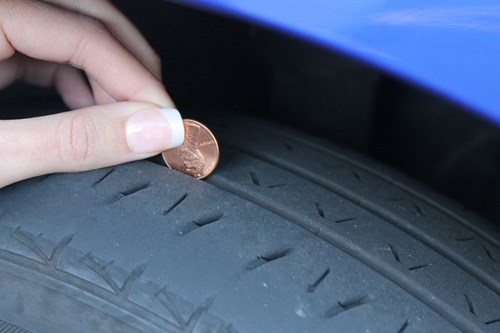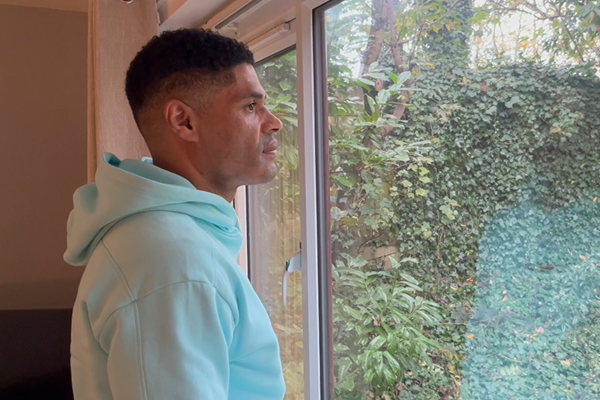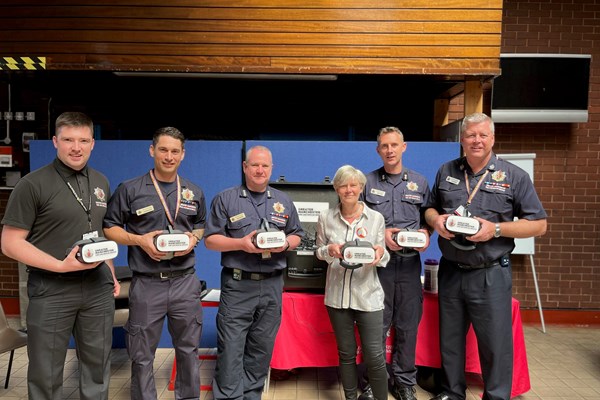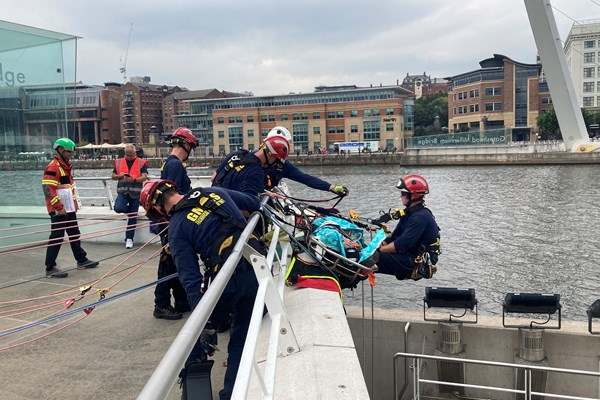
Drive Safely & Checking your Tyres
Drive Safely
Sticking to the following tips will help you to continue to be a good driver.
-
Stay below the speed limits – Remember speed limits are a maximum, not speeds to aim for.
-
Avoid distractions – Physical distractions such as Texts, Calls could wreck it all.
-
Keep your phone off or on silent and out of reach, be aware of all distractions and avoid them.
-
Remember it’s illegal to use a hand-held phone whilst driving. If you are caught you face a £200 fine and six points on your licence.
-
Visual and Audio distractions, such as loud music, looking at back seat passengers or distractions alongside the roadside can steal your attention at that critical moment.
-
Mental distractions, such as worries or holding a conversation can also be a distraction whilst driving. Be aware of your distractions and avoid them.
Always wear a seatbelt and make sure all your passengers put theirs on and keep them on. You’re twice as likely to die in a crash if you’re not wearing a seatbelt. Airbags are designed to work with seatbelts, not instead of them. There are no excuses for not wearing a seatbelt.
Look after your Car

POWDER CHECKS – Basic, regular checks on your car will help keep you safe on the road as well as help you avoid huge repair costs.
Petrol
Make Sure you have enough for your journey, especially when travelling on the motorway.
Oil
The lifeblood of your engine. Without it your engine will grind to an expensive halt – check the levels while your car is cool and on a flat surface.
Water
Water is essential to keep your engine from overheating- keep coolant water and windscreen wash topped up.
Damage
Have a quick look around your car to check it’s still in the condition you left it in.
Electrics
Check your lights regularly – ask someone to help check that your indicators and brake lights are all working properly.
Rubber
Your tyres are your link to the road – check the tread depth and pressure regularly and make sure there are no bulges or cuts on the sides of the tyre.
Tyre Safety
Tyre condition, pressure and tread depths
Learn about the checks, this will help you reduce the risks of tyre related incidents.
-
20p Test – Current UK Law states that tyre treads on cars, must be a minimum of 1.6 mm across the central three quarters of the tread, around its entire circumference. You can easily check this using a 20p coin.
-
Tyre Condition – Your Tyres are in constant contact with the road and as such, they suffer a lot of wear and tear, even if you drive carefully. This is why it is so important to keep an eye on the condition of your tyres.
-
Tyre Pressure – To stay safe on the road, your car needs to have the correct tyre pressure. To find out what your car pressures should be, check your vehicle handbook. If the tyres are under or over inflated, then handling and grip will worsen, potentially causing irregular or unpredictable car behaviour.
-
Tyre Tread Depth – Tyre Treads are designed to give good grip on wet roads, but this generally decreases as a tyre’s tread pattern wears down or as the depth of water increases. Drivers should take this into consideration and reduce their speed accordingly in wet conditions.



